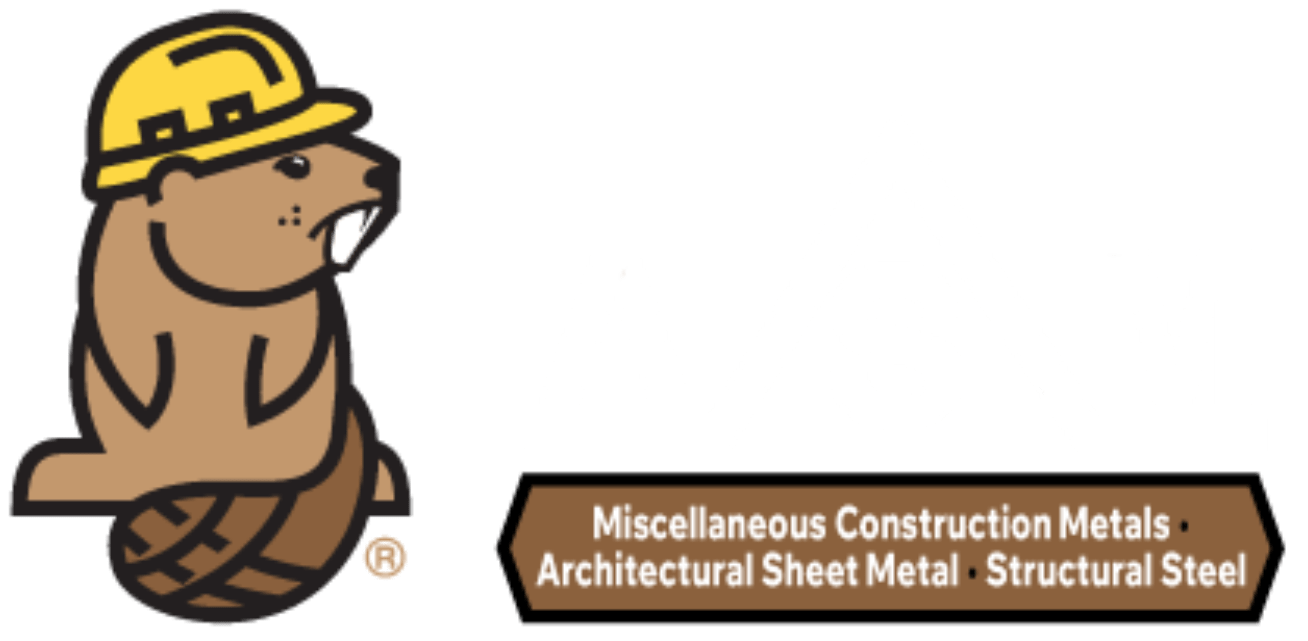Industrial Machinery for Textiles
The Industrial Machinery used for textile production includes various machines, from simple hand-operated devices to complex computer-controlled systems. The first step in textile production is usually fiber preparation, which can be done by hand or using machine tools. Once the fibers are prepared, they must be spun into yarns or threads, which can also be done by hand or using machines.
The yarns or threads are then woven or knitted into fabric, the final product. Many different industrial machines are used for textile production, each with its specific function. For example, some machines prepare the fibers, spin the yarns, weave the fabric, and knit the fabric. Some machines print designs on the fabric and add finishes to the fabric. In addition, some machines test the quality of the fabric and inspect it for defects.
Industrial Textile Machinery Suppliers:
Industrial textile machinery suppliers supply a wide range of Machines used in the textile industry. Textile machines include yarn spinning machines, weaving machines, sewing machines, and finishing machines. Suppliers also provide various other products and services related to the Textile industry, such as software, training, and maintenance.
Most Industrial textile machinery suppliers are based in developed Countries, such as the United States, Germany, Italy, and Japan. However, there are a growing number of suppliers from developing Countries, such as China and India. This trend is mainly due to the Increasing demand for Textile products from these Countries.
Textile Machinery for Weaving:
Textile Machinery for Weaving is a critical part of the textile industry. With these machines, fabric could be produced efficiently and in large quantities. There are several types of Textile machinery for weaving, each with its specific function. Looms are the most common machine used for weaving, as they can produce various Fabrics.
Shuttleless looms are another machine used for weaving, which can create more complex fabrics than traditional looms. Finally, Jacquard looms are the most advanced machine used for weaving, and they can create highly Intricate designs.
Textile Machinery for Dyeing:
Today, textile machines play a vital role in the dyeing process. Dyeing is applying colour to fabric to give it a unique look and feel. Fabric can be dyed using various methods, including hand-dyeing, tie-dyeing, and batik.
Textile machinery prepares the fabric for dyeing and applies the dye evenly across the fabric’s surface. The textile machinery will depend on the dyed fabric type and the desired finish. For example, delicate fabrics may require special care to avoid damage during dyeing. Once the fabric has been dyed, it must be Rinsed and dried before it can be used.
Textile Machinery for Knitting:
There is a wide variety of Textile machinery for knitting available today. There is a machine to suit every need and budget. Some popular types of Textile machinery for knitting include Circular Knitting Machines, Flat Knitting Machines, and Hand Knitters. Circular knitting machines are typically used for sock or sweater production. They can also be used to Knit other cylindrical items, such as hats and sleeves. Flat knitting machines are typically used for Sweaters, afghans, and other flat garments. Hand-knitters can be used for various projects but are often used for smaller Items such as gloves or baby clothes.
Common Problems with Industrial Machinery for Textiles:
Several common problems can occur with Industrial machinery for textiles. One of the most frequent issues is machine jams. This can happen for various reasons, such as incorrect threading or fabric that needs to be thick enough for the machine. If a machine jam occurs, it can cause significant production delays.
Another common problem is machines breaking down unexpectedly. This can be due to wear and tear or could be the result of a Manufacturing defect. When a machine breaks down, it can disrupt the entire production process and cause significant delays. Other issues that can occur include problems with stitching, tension, and alignment. Incorrect settings on the machine often cause these problems. If not corrected, they can result in substandard products that do not meet customer expectations.
While many Potential problems can occur with Industrial machinery for textiles, fortunately, solutions are also available. By working with experienced professionals and taking proper care of your equipment, you can avoid these common issues and keep your production process running smoothly.
Maintenance and Repair of Industrial Machinery for Textiles:
Regular maintenance and repairs are crucial for keeping industrial textile machinery in good working order. These machines can quickly damage or even break down entirely without proper care.
One of the most important aspects of maintaining textile machinery is ensuring that all moving parts are adequately lubricated. This helps reduce friction and wear and can significantly extend the machine’s life. Any areas subject to high temperatures or corrosive substances should be cleaned regularly to prevent damage.
Inspecting textile machines regularly for signs of wear or structural damage is vital. Any potential problems should be addressed immediately to avoid more severe issues later. Replacing worn parts or repairs to keep the machine running smoothly may be necessary.
The Future of Industrial Machinery for Textiles:
The Industrial machinery used for textile production is constantly evolving, and the future looks very exciting. New technologies are constantly being developed, enabling manufacturers to produce textiles more efficiently and with less environmental impact. We can expect to see even more innovative and environmentally friendly industrial machinery for textiles. For example, ultrasonic machines are becoming increasingly popular as they can bond fabrics together without using chemicals or adhesives. This not only saves on production costs but also reduces the environmental impact of textile manufacturing.
